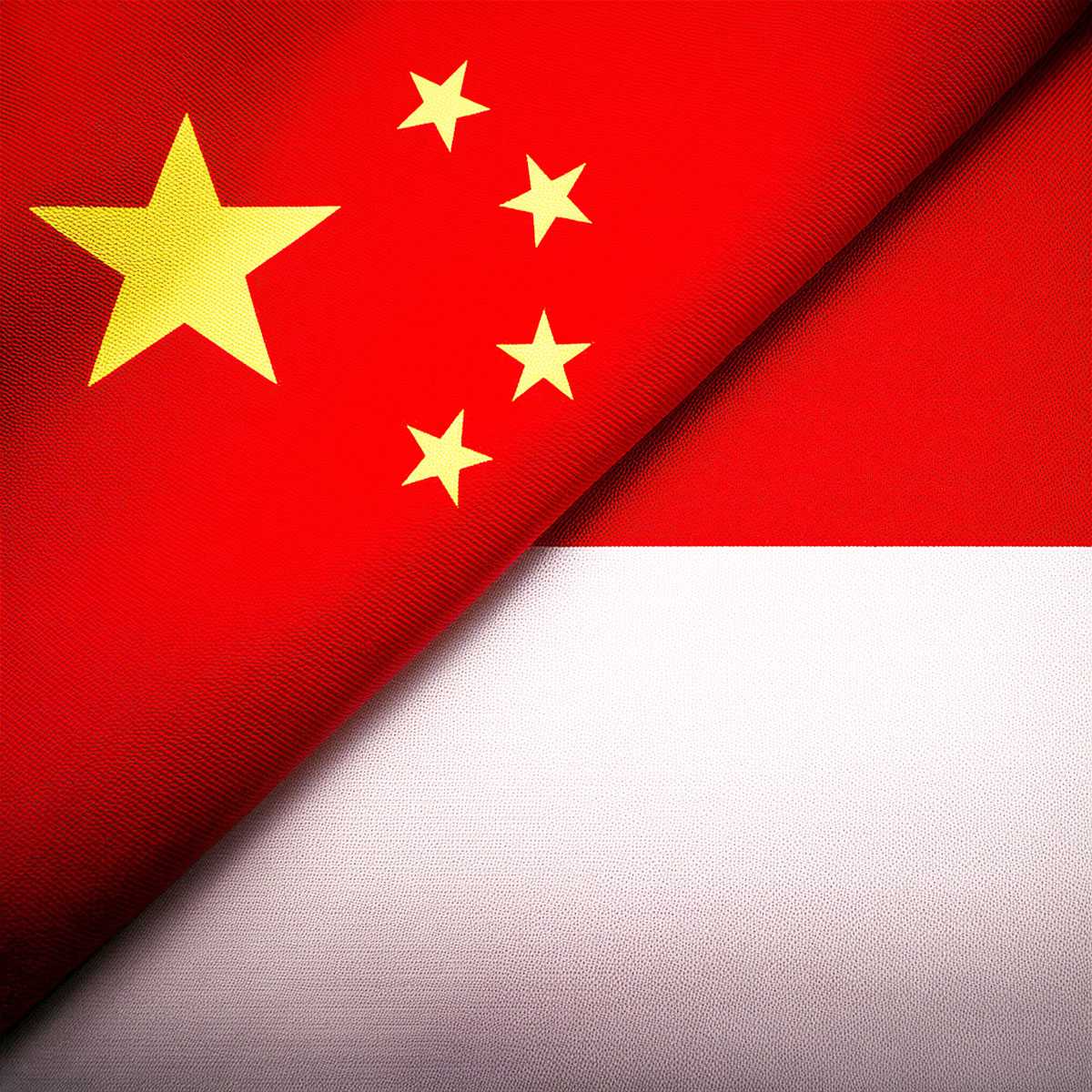

Chinese Premier Li Qiang is back in Beijing following his trip to Southeast Asia, which included a three-day official visit to Indonesia (May 24-26). The takeaway was clear: China-Indonesia diplomatic relations have set the course for a fruitful relationship and now it’s up to businesses and individuals to turn this promise into reality. Premier Li and Indonesian President Prabowo Subianto invoked the “Spirit of Bandung”—the historic commitment to South-South cooperation and mutual respect that was proclaimed at the Asia-Africa Conference of Bandung in 1955—as the guiding reference for a modern partnership focused on economic and trade cooperation.
The official declaration between the two governments underlined the critical role of businesses as the perpetuators of the heritage of Bandung and the importance of economic opportunities between the two countries in context of an unstable world. Prabowo also affirmed that the “Spirit of Bandung” was the fundamental framework for attracting investment and partnerships that respect the sovereignty and economic development goals of Indonesia.
Chinese Investments are Critical to Prabowo’s Ambitious Economic Goals
The new Prabowo administration has fixed an ambitious economic growth target of 8% a year. Reaching this goal makes foreign direct investment (FDI) not only desirable but essential. According to Indonesian government officials, realizing this growth requires significant investments across infrastructure, industry and digitalization. Indonesian policymakers have explicitly declared that China’s participation is crucial, which underlines a practical and results-oriented focus on diplomatic relations with Beijing.
Landmark Agreements Set the Stage
During the visit, 12 memoranda of understanding (MOUs) were signed covering key sectors aligned with Indonesian economic priorities. Particularly notable was the establishment of the “Two Countries, Twin Parks” (TCTP) initiative that pairs Indonesian industrial zones in Batang and Bintan with China’s Fujian province. TCTP aims to further integrate regional supply chains and manufacturing capacities between the two countries.
Financial cooperation was also reinforced by an agreement between the country’s central banks, the Bank of Indonesia (BOI) and the People’s Bank of China (PBOC). The agreement aims to facilitate bilateral exchanges while using local currencies and reducing dependences on the U.S. dollar. Another strategic partnership was announced between Indonesia’s new sovereign wealth fund Danantara and the China Investment Corporation, that have agreed to provide substantial common financing of industrial and infrastructure projects in Indonesia.
In addition, partnerships in technology and AI were specifically highlighted as important growth accelerators, reflecting a shared belief in innovation as a key driver for future growth.
The Challenge of Localization
Yet, high-level accords are not enough. Premier Li candidly stated that it’s “not easy” for Chinese companies to operate overseas and that it’s critical for businesses to integrate authentically with Indonesia’s economic and regulatory environment. This type of “business diplomacy” requires Chinese firms to localize their operations, adhering thoroughly to Indonesia’s labor laws, understanding cultural nuances and aligning business objectives with the government’s Golden Indonesia 2045 vision.
President Prabowo has also consistently emphasized the necessity for foreign investors, particularly from China, to facilitate technology transfer, create local jobs and support sustainable environmental practices. The Prabowo administration views responsible investment as pivotal in not only achieving Indonesia’s development goals but also to meeting global commitments, such as the UN Sustainable Development Goals.
Businesses as the New Diplomats
Premier Li’s visit handed the baton of diplomacy from governments to the private sector. With the political groundwork now laid Chinese and Indonesian companies must translate high-level commitments into on-the-ground impact through collaboration, investment and long-term partnership.
But achieving this will need more than just capital and ambition. Chinese companies need to integrate with and be on top of Indonesia’s local laws, political dynamics, regulatory environments and culture. Companies that succeed will be those that partner actively with local experts and professional service providers who understand the legal, political and economic landscapes in both countries. This is not just desirable, but essential for unlocking opportunities while avoiding costly missteps.
Success will also depend on how well firms embrace the spirit of localization, mutual respect and co-development, principles that are rooted in the Bandung Spirit. As diplomacy shifts from summit halls to factory floors, industrial parks and joint ventures, companies must become culturally attuned to “business diplomats,” building trust and delivering value. The next phase of China-Indonesia relations will be largely shaped by the ability of businesses to turn high-level visions of cooperation into sustainable results.
Related Articles
When Risk-On Meets Risk-Off: Understanding Gold’s Extraordinary 2025
February 17, 2026


